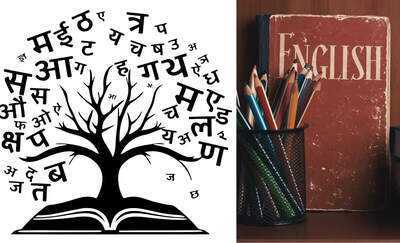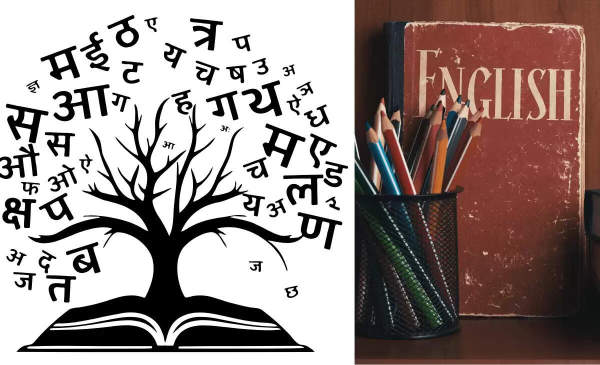
 The Role of Language in Communication
The Role of Language in Communication
Anupama Sharma
English Lecturer
(Hamirpur)
Language serves as a vital means of communication, allowing individuals to express their emotions and convey messages. In recent times, it has also become a medium to demonstrate patriotism and unity within a nation or region.
India boasts a rich tapestry of linguistic diversity, featuring 22 official languages recognized in the 8th schedule of the constitution, as outlined in articles 344(1) and 351. Initially, the constitution included 14 languages, but this number has expanded to 22 through various amendments. Additionally, there are 121 other languages spoken across the country. Hindi is the primary language, while English serves as an associate official language.
The introduction of English in India dates back to the 17th century with British colonization. It was formally established as the medium of instruction in 1835 following the English Education Act, a decision influenced by Governor General Lord William Bentinck and Lord Thomas Babington Macaulay.
Macaulay advocated for the adoption of English to enhance Western education and the curriculum. As a result, English has gained global recognition as a significant language.
In India, English functions as a lingua franca, facilitating communication among individuals from various linguistic and cultural backgrounds. However, there is an ongoing debate regarding the rationale behind the extensive use of English.
Some argue for a reduction in English usage, advocating for a greater emphasis on Hindi in workplaces and educational institutions. But how valid is this perspective? Currently, approximately 15.76% of India's population, or around 228 million people, are English speakers.
Globally, English is a widely spoken language and a crucial asset for career development. It is the primary language in 67 countries and 27 non-sovereign entities, serving as the language of choice in international business and offering numerous job opportunities. Many prestigious universities worldwide also use English as their primary medium of instruction.
Moreover, English dominates scientific discourse and research. Therefore, if the use of English were to be curtailed in India, it could significantly hinder economic opportunities, educational advancement, and global collaborations.
While acknowledging the global significance of English, we must also recognize the importance of Hindi as our mother tongue and a symbol of national unity. The conflict between English and Hindi is unnecessary. Advocates of one language should not disparage the other.
In 2002, the Ministry of Home Affairs recommended promoting Hindi in banks, embassies, and government offices. Concurrently, there has been an increase in the establishment of English language labs across the country. Hindi, as our mother tongue, deserves respect and recognition, while English continues to thrive due to its global relevance in communication, business, and technology.